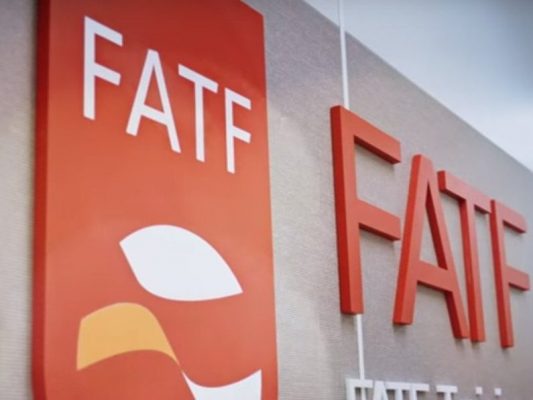“If before February 2020, Iran does not enact the Palermo and Terrorist Financing Conventions in line with the FATF Standards, then the FATF will fully lift the suspension of counter-measures and call on its members and urge all jurisdictions to apply effective counter-measures, in line with recommendation 19,” the FATF said in a statement on Friday.
It expressed “disappointment” that Iran has so far failed to adopt the FATF standards, saying that Tehran is expected to “proceed swiftly in the reform path to ensure that it addresses all of the remaining items by completing and implementing the necessary Anti-Money Laundering and Counter-Terrorist Financing reforms.”
The watchdog had earlier extended the suspension of its counter-measures several times as Iran’s legislature was engaged in passing the relevant bills.
Last October, Iran’s parliament approved four bills put forward by the government to meet standards set by the FATF.
Only two of them have so far gone into effect and the fate of the two others, one on Iran’s accession to the United Nations Convention against Transnational Organized Crime and the other one a bill amending Iran’s Combating the Financing of Terrorism (CFT) law, is still in limbo.
FATF’s proponents have said the measure would smooth the path for Iran’s increased financial transactions with the rest of the world and help remove the country from investment blacklists.
Opponents, however, say membership in the FATF will only make the country vulnerable to outside meddling.
They say Iran’s implementation of FATF standards so far has not only failed to attract investment, but it has also exposed various institutions to extraterritorial regulations and penalties.
The FATF cannot impose sanctions, but individual states that are its members have used the group’s reports to take punitive measures against their adversaries. As a result, Iran has been targeted by US and European sanctions.
Iran has already been implementing a domestic anti-money laundering law as part of its efforts toward financial transparency. Additionally, it has long been combating terror financing.
